Jordanian prisoners in Israeli jails banned from family meeting, ex-inmate says
The Jordanian prisoners in Israeli jails suffer from harsh conditions and are deprived of contacting or meeting their families, says a former inmate.
After completing a six-year sentence, Osaid Abu Khudair was released in Juneو but prevented by Israeli authorities from returning to his homeland, the Palestinian Information Center reported. The regime gave no reason or legal justification for that ban.
Abu Khudair had recently been able to see his daughter and some family members in the occupied West Bank. The relatives said it was temporary joy as he was banned from traveling to Jordan.
His brother, Anas, said the Israeli measures against Osaid were unjust and illegal. He urged the Jordanian ministry of foreign affairs to take action to ensure his brother’s return to the country.
Human rights groups have voiced fears that other Jordanian prisoners could face a similar fate.
Last year, Israeli authorities released Jordanian prisoner Abdullah Abu Jaber after more than two decades of imprisonment. He described the conditions of his detention as “very difficult.” In statements shortly after his release, he called for facilitating “the release of the rest of the prisoners” in Israeli jails.
In May 2021, Jordan witnessed large protests against Israel’s military campaign in the Gaza Strip and its crackdown on Palestinian worshippers and protesters in the Al-Aqsa Mosque compound.
Political ties between the two sides have been strained over Israel’s treatment of the Palestinians, and the Jordanian government has faced growing public pressure to scrap the unpopular peace treaty with the regime.
Most of Jordan’s 10 million citizens are of Palestinian origin. They, or their parents, were expelled or fled to Jordan in the course of the 1948 war.
Palestinian prisoners are in Israeli prisons are denied basic human rights. The resistance movement Hamas has demanded international protection for the prisoners.
VIDEO | Displaced Palestinians seek fragile alternatives to support their tents
VIDEO | Press TV's news headlines
VIDEO | Iran marks Intl. Anti-Corruption Day with summit on transparent governance
VIDEO | Ethiopia holds ceremony to mark Intl. Day of Solidarity with Palestinians
VIDEO | Pakistan voices outrage against Israel on Genocide Prevention Day
Iran urges decisive global action to end Israeli genocide, honor victims
US envoy says ‘benevolent monarchies’ have proven most effective in West Asia governance
VIDEO | Golestan: Iran's dreamlike garden


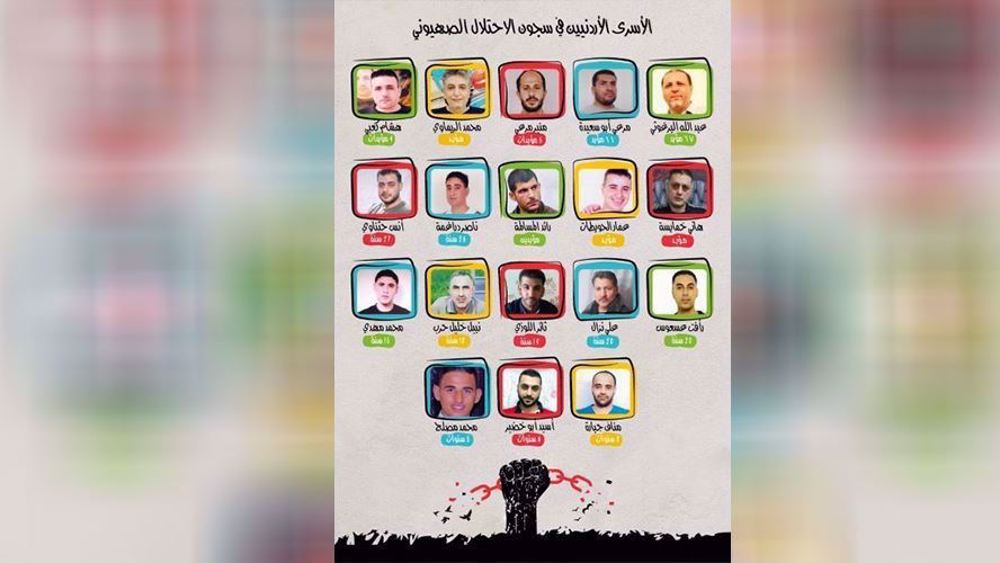
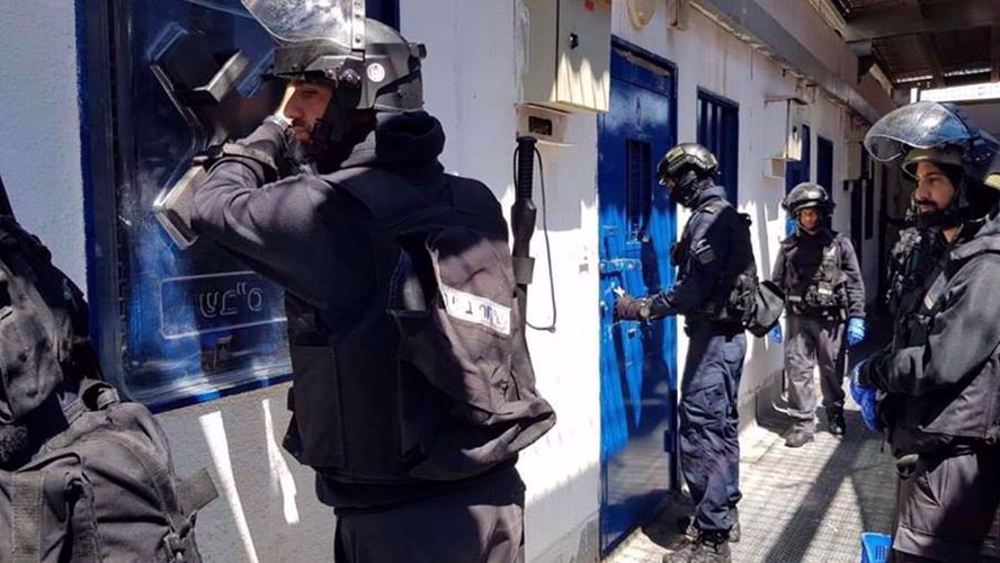
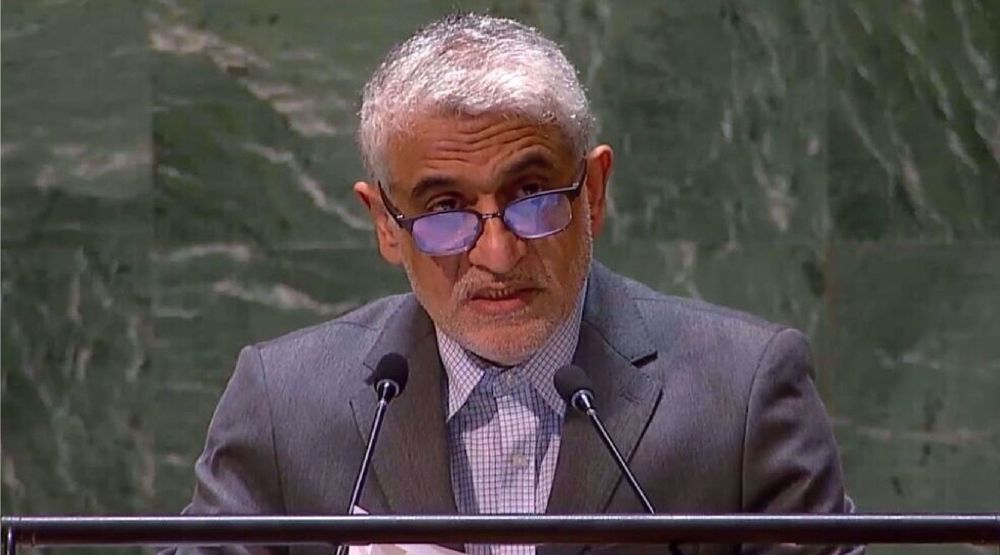
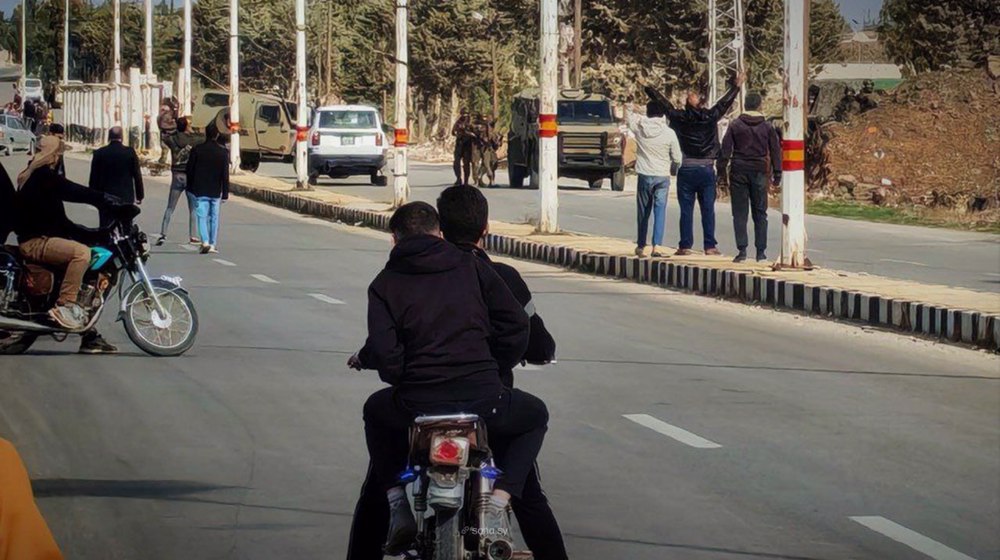




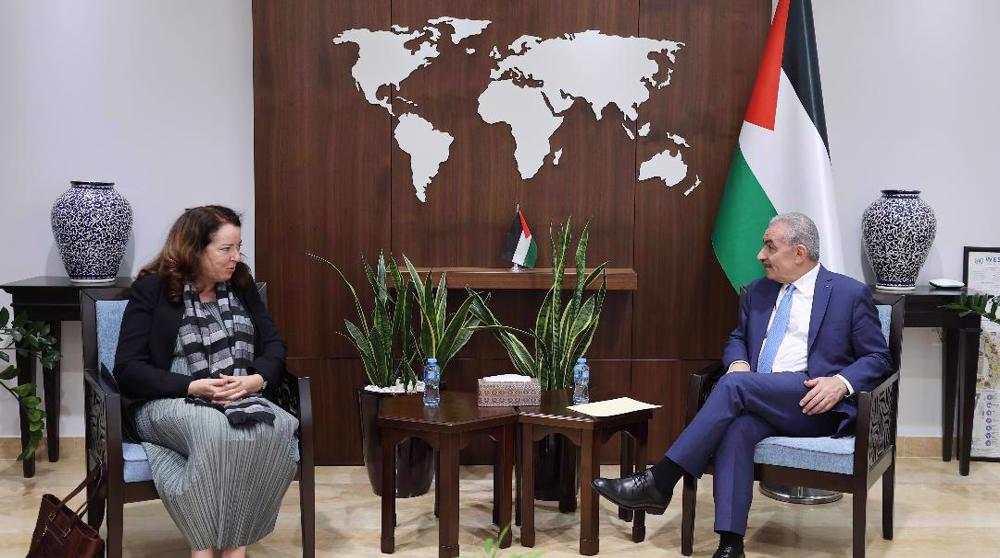
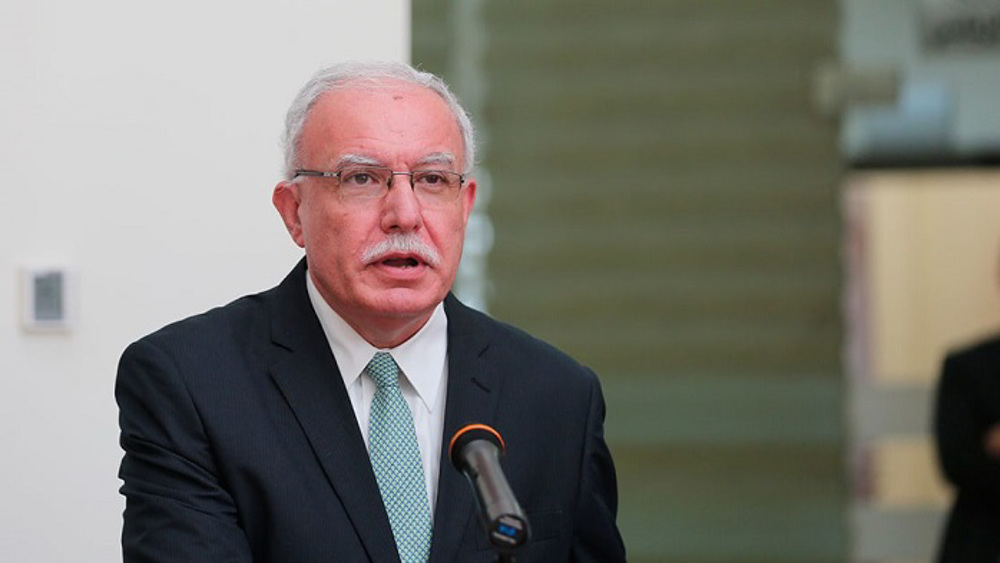


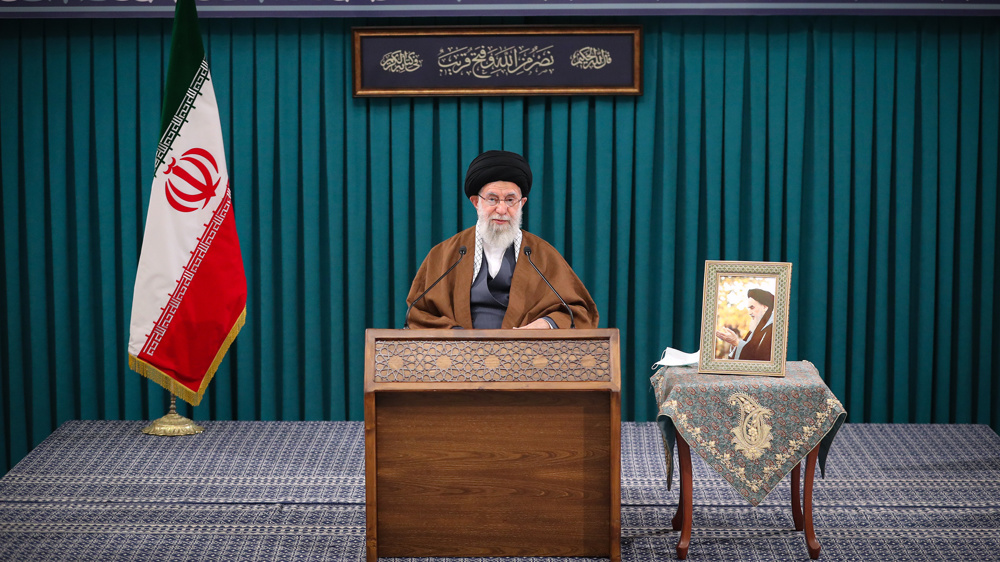


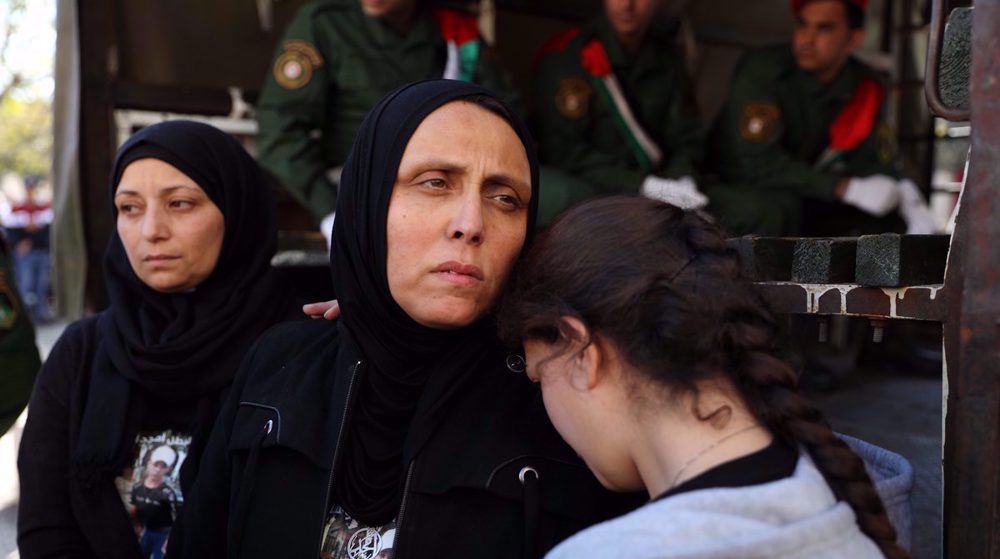
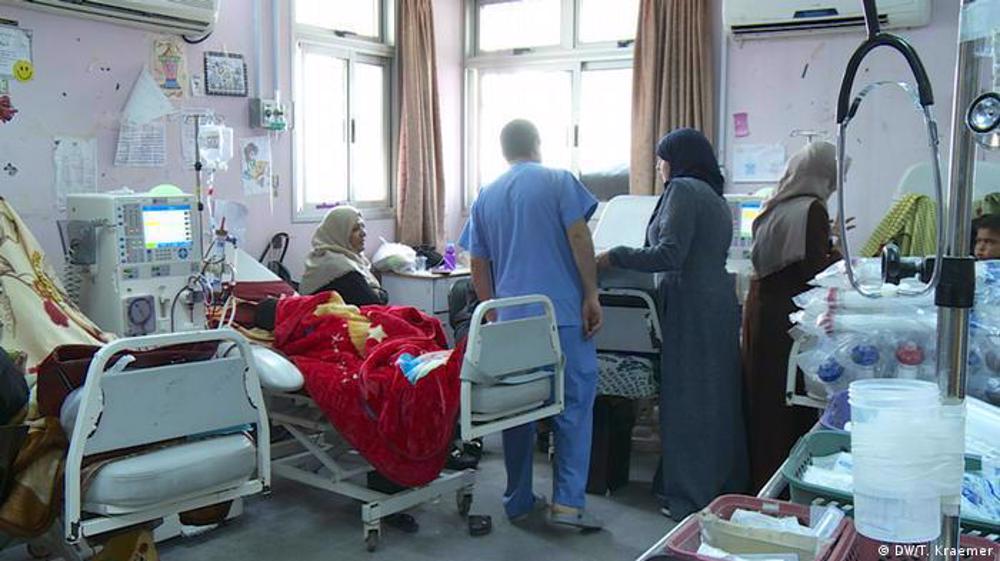

 This makes it easy to access the Press TV website
This makes it easy to access the Press TV website